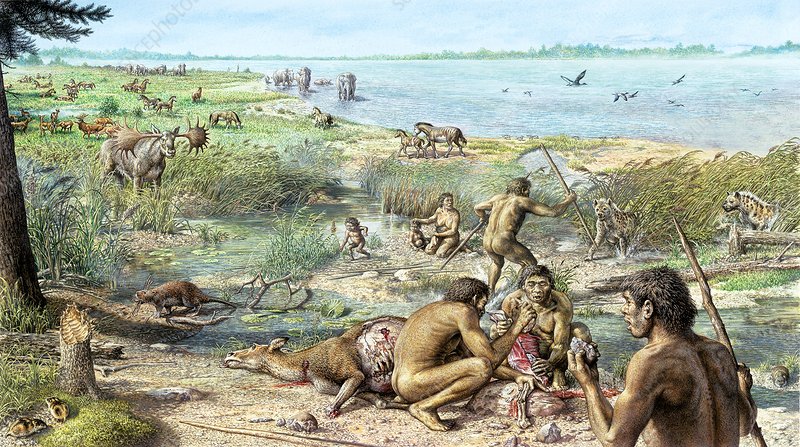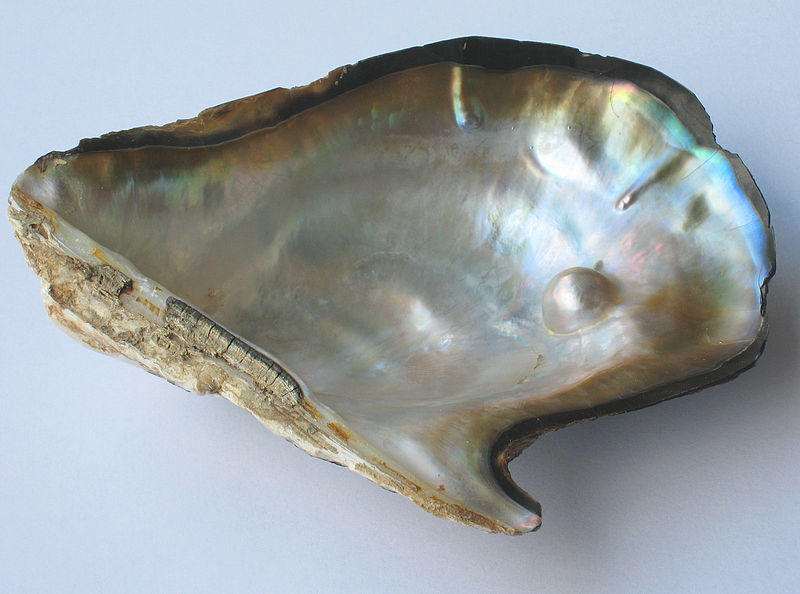This blog first appeared on my Sentientist blog a few years back.
Since then, Geoffrey Miller, developed these ideas more and gave a talk on how sexually transmitted pathogens could influence behavior at the Ancestral Health Symposium in 2016, check it out here.
Could sexually transmitted infections be trying to make you… sexier?
We have not yet begun to scratch the surface of how pathogens and other bugs can manipulate behavior. This is a major cost of infection that people rarely consider; our personalities are no doubt shaped in part by our current and past infections and our microbiome.
In The Selfish Gene, Dawkins speculates that sexually transmitted infections, in order to spread as far and wide as possible, could increase the libidos of their hosts.
I do not know of any direct evidence that sexually transmitted diseases increase the libido of sufferers, but I conjecture that it would be worth looking into. Certainly at least one alleged aphrodisiac, Spanish Fly, is said to work by inducing an itch . . . and making people itch is just the kind of thing viruses are good at.
(Dawkins 2006 pg. 247)

Recently I came across an amazing example of syphilis doing just that in Oliver Sacks’ “The Man who Mistook his Wife for a Hat” where a 90 year old woman who had a primary but suppressed syphilis infection tests positive for neurosyphilis in her spinal fluid: A bright woman of ninety, Natasha K., recently came to our clinic. Soon after her eighty-eighth birthday, she said, she noticed ‘a change’. What sort of change? we queried.
Continue reading “Sexually transmitted diseases selfishly increasing your sexiness- repost”


